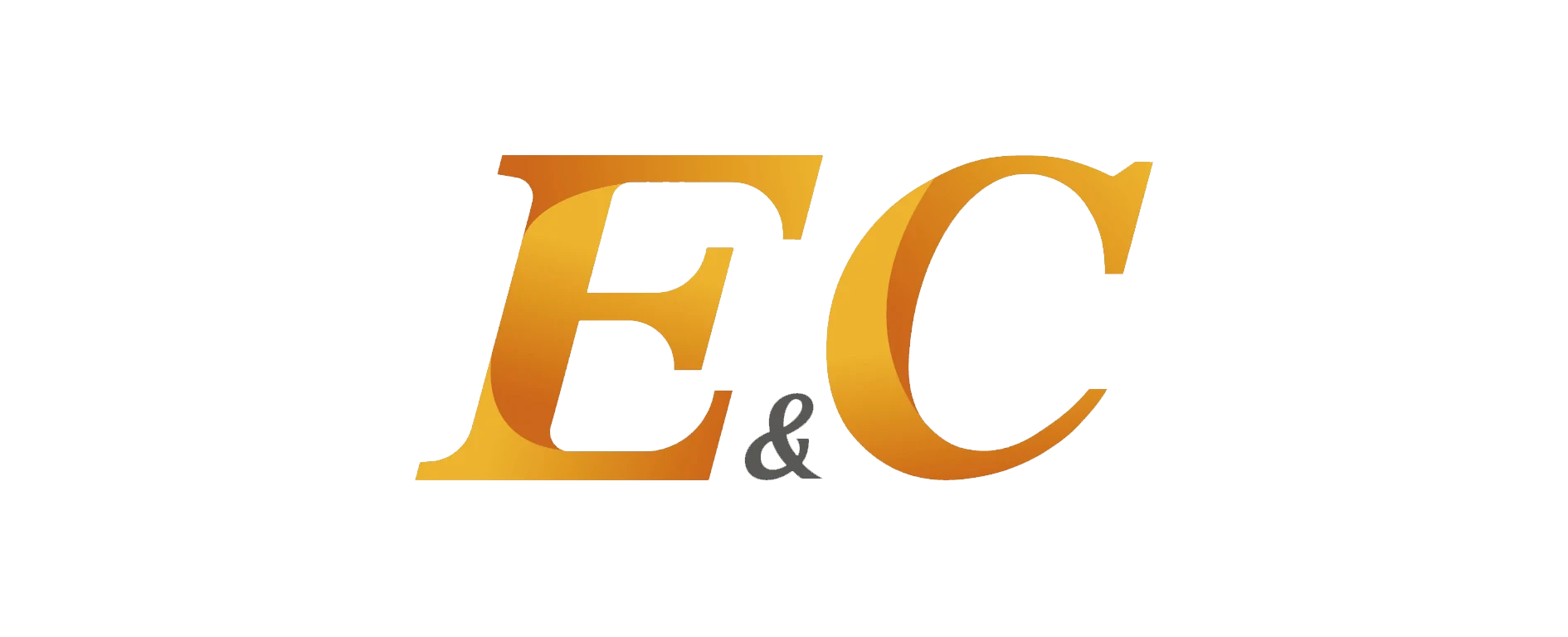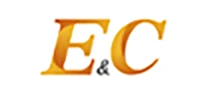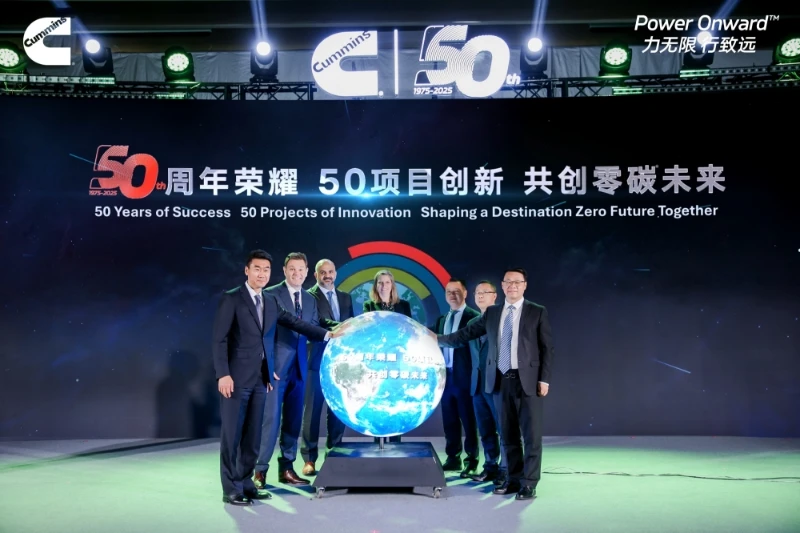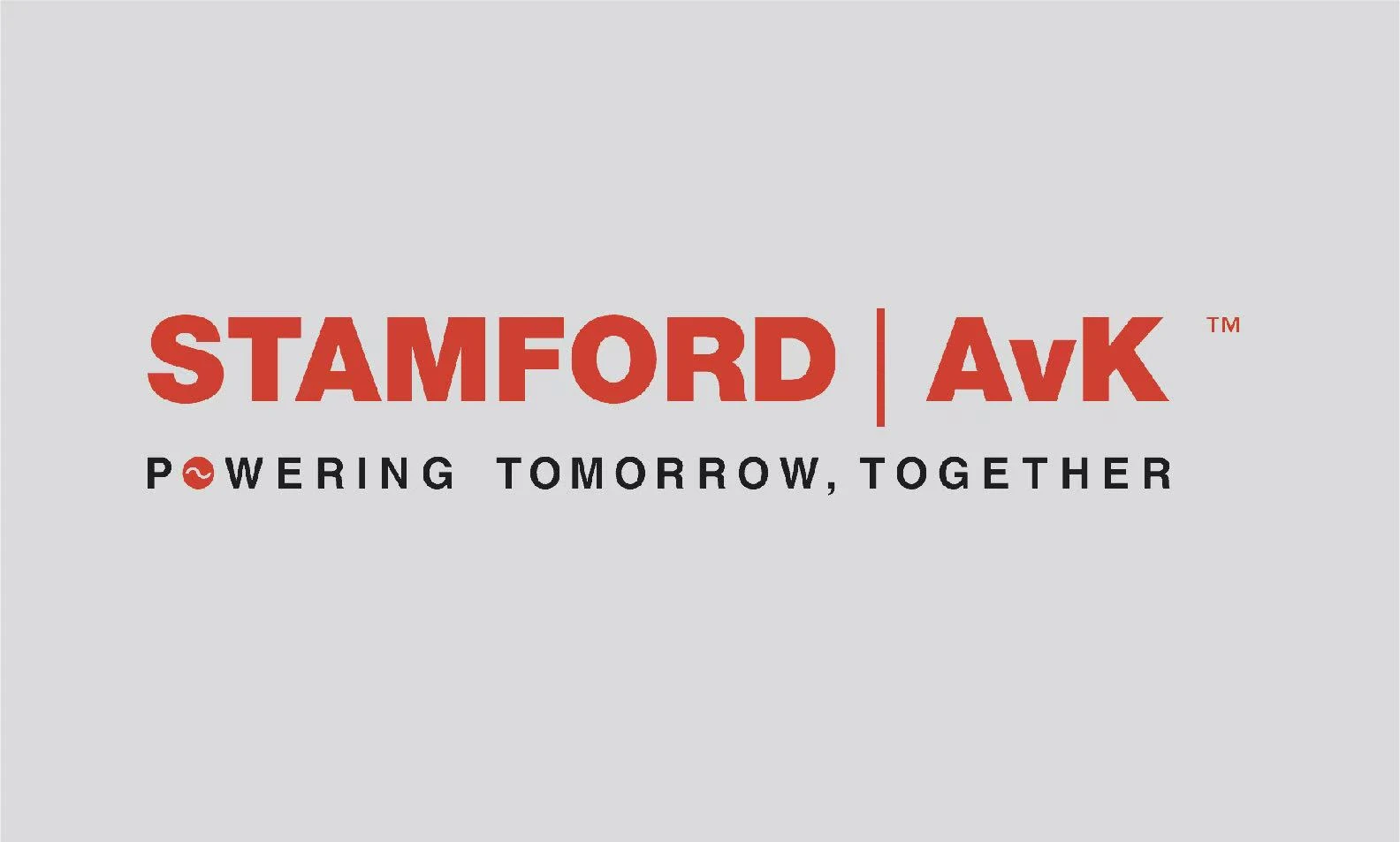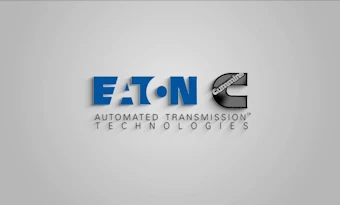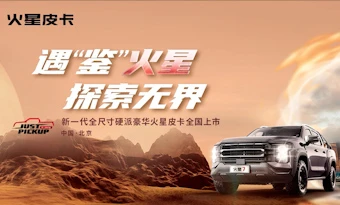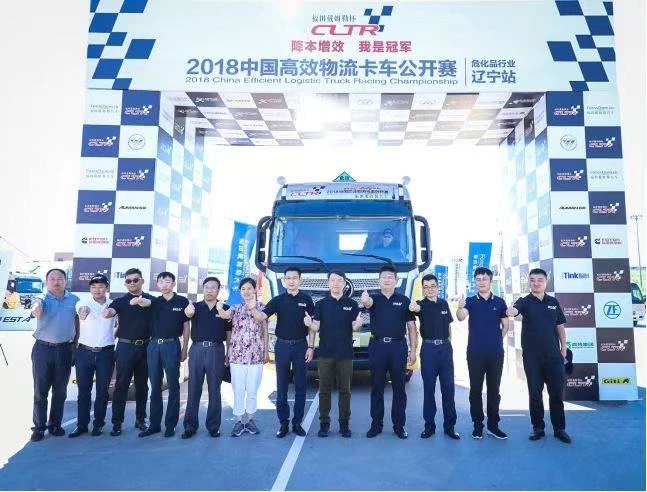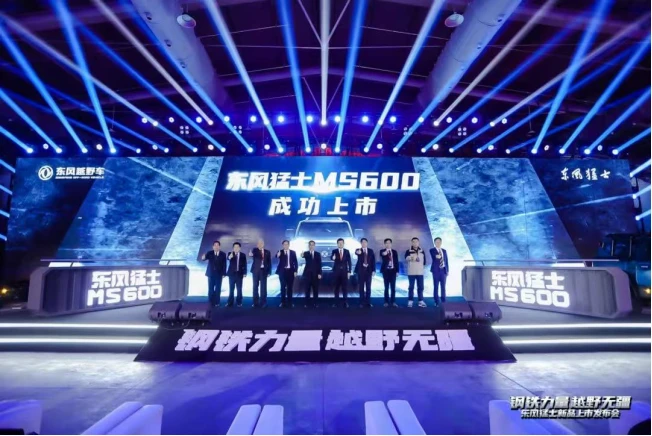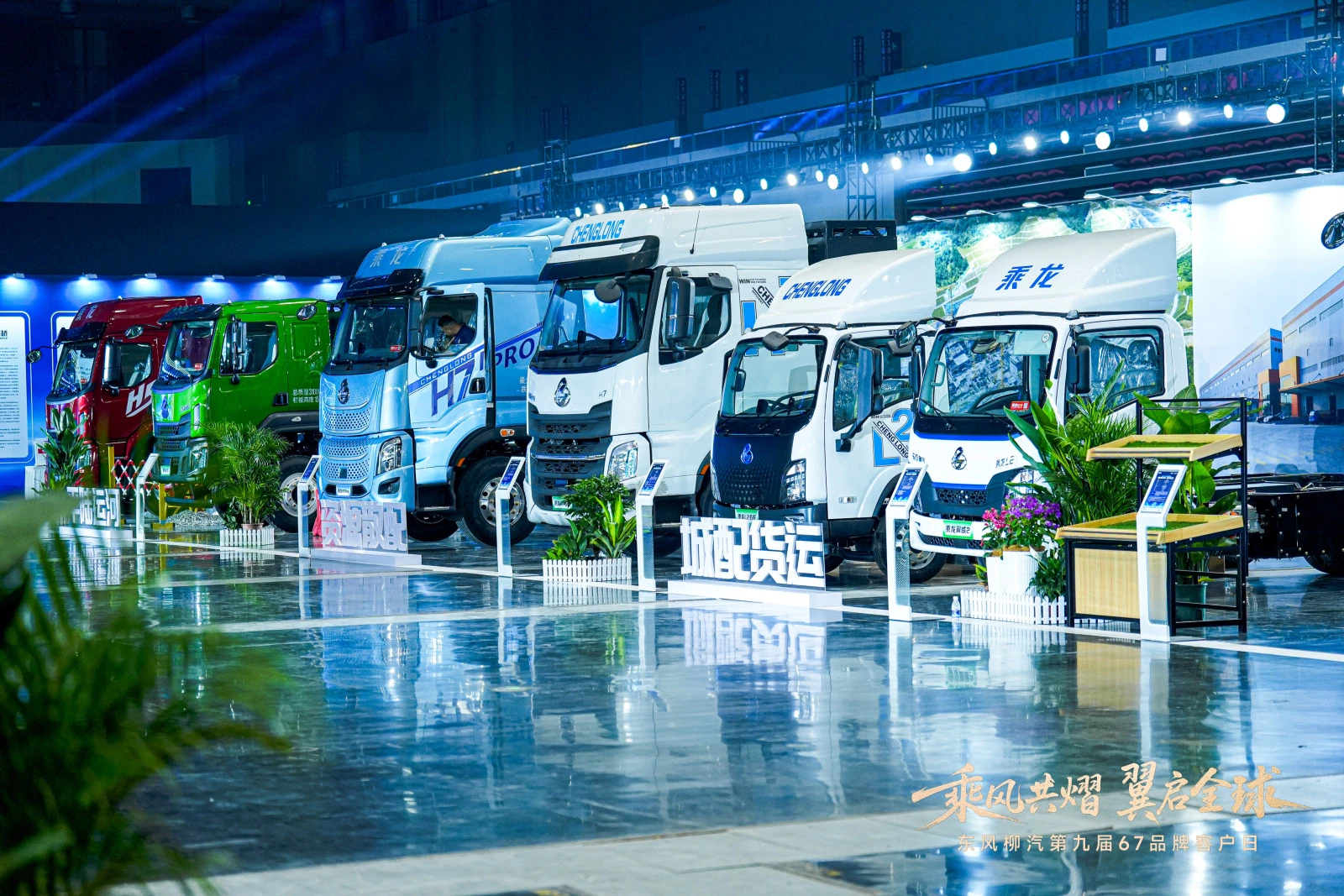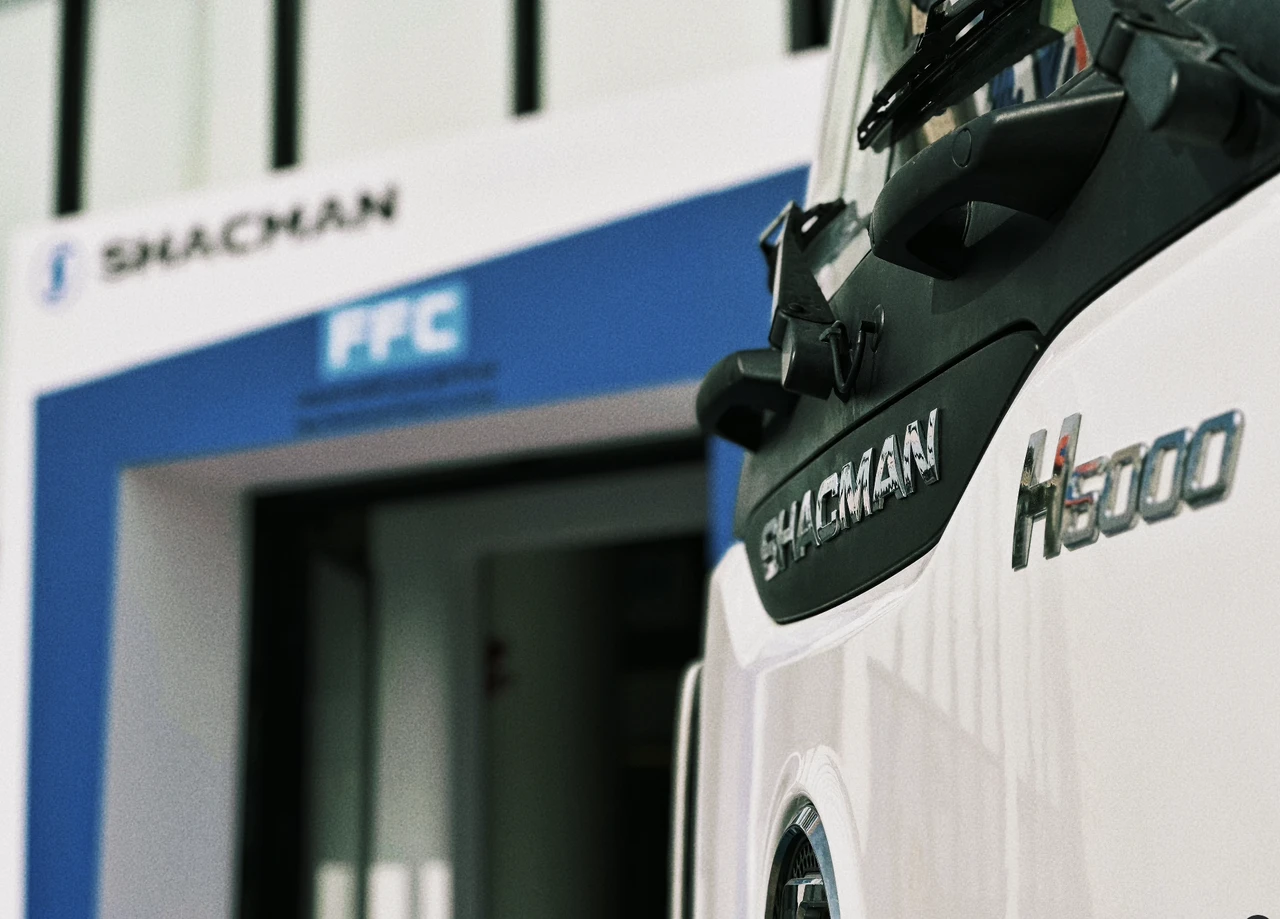Digital Marketing Co Expert Search Engine, Content & Inbound Marketing Services
- Introduction: The digital marketing co
landscape and its relevance - Technical Advantages of Digital Marketing Strategies
- Comparing Top Vendors in Digital Marketing Solutions
- Customizing Digital Marketing Approaches for Different Industries
- Applications of Search Engine Marketing in Digital Campaigns
- Successful Case Studies in Content and Inbound Marketing
- Conclusion: Empowering Businesses with Digital Marketing Co Expertise
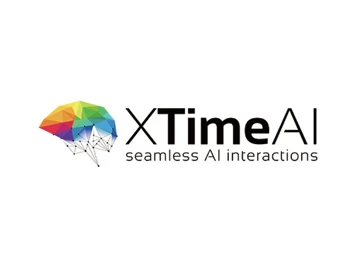
(digital marketing co)
Digital Marketing Co: Revolutionizing Modern Business Growth
In the rapidly evolving business environment, companies seeking sustainable growth increasingly turn to digital marketing co providers. These organizations orchestrate comprehensive strategies that blend search engine marketing, content marketing, and inbound marketing to help brands connect with target audiences efficiently. According to a 2023 report by Statista, global digital advertising spend is projected to surpass $680 billion in 2024, underscoring the immense value of digital marketing in commercial success. Modern tactics not only enhance visibility but also drive measurable engagement and conversions, cementing the role of digital marketing co services in contemporary enterprise strategies.
Technical Advantages of Digital Marketing Strategies
The technical landscape of digital marketing has transformed dramatically. Utilizing sophisticated tools and platforms, companies can harness data analytics, real-time bidding, audience profiling, and automation. Search engine marketing in digital marketing enables precise keyword targeting, ensuring ads reach the right segments at the optimal moments. Furthermore, the integration of Artificial Intelligence (AI) and Machine Learning (ML) into marketing tools has led to remarkable efficiency gains. For instance, AI-driven content personalisation can boost conversion rates by up to 20%, as highlighted in a 2023 Deloitte study. Automation streamlines processes such as campaign optimization, email marketing sequencing, and performance tracking, liberating time for strategic planning and creative innovation.
Comparing Top Vendors in Digital Marketing Solutions
To choose the best partner, it is pivotal to evaluate the leading digital marketing vendors—their platforms, technical strengths, customer support, and pricing. Here is a comparative snapshot of four influential players, focusing on their capabilities in search engine marketing, content marketing, and inbound marketing within digital marketing.
| Vendor | Search Engine Marketing | Content Marketing | Inbound Marketing | AI Integration | Pricing (Monthly) | Customer Satisfaction (1-5) |
|---|---|---|---|---|---|---|
| HubSpot | Advanced | Comprehensive | Industry-leading | High | $800 | 4.7 |
| SEMrush | Expert | Strong | Moderate | Medium | $119 | 4.5 |
| Marketo | Solid | Strong | Comprehensive | High | $895 | 4.3 |
| Mailchimp | Moderate | Good | Solid | Basic | $365 | 4.1 |
As the table indicates, HubSpot and Marketo stand out for advanced AI integrations and comprehensive inbound marketing functionalities, while SEMrush is lauded for expert search engine marketing. Cost-effectiveness and customer satisfaction scores provide further nuance for decision-makers.
Customizing Digital Marketing Approaches for Different Industries
One crucial aspect of effective digital marketing co practices is the ability to tailor solutions to the specific challenges and opportunities unique to each industry. For example, B2B companies often prioritize lead generation and nurturing over immediate conversions, making inbound marketing particularly effective. In contrast, e-commerce platforms rely heavily on content marketing in digital marketing to drive organic traffic and generate sales-ready leads. According to a CMI study, 70% of top-performing B2C brands have a documented content strategy that is optimized monthly, which directly correlates with higher audience engagement. Customization also involves dynamic retargeting, industry-specific keyword strategies, and creating tailored customer journeys that reflect varied sales cycles and buyer behavior profiles.
Applications of Search Engine Marketing in Digital Campaigns
Search engine marketing in digital marketing remains a cornerstone of successful campaigns. Its applications range from paid persuasion (PPC), organic keyword optimization, to local targeting and mobile-first bidding strategies. Businesses leveraging SEM report up to 50% higher lead conversion rates compared to traditional outbound tactics, as indicated by the 2023 Google Ads Benchmark report. Key components include rigorous A/B testing of ad creatives, granular audience segmentation, and rapid iteration based on performance analytics. Additionally, search intent analysis and voice search optimization are becoming essential parts of SEM strategies, responding effectively to changes in consumer search behaviors.
Successful Case Studies in Content and Inbound Marketing
Real-world examples provide strong evidence of the impact digital marketing co strategies can achieve. For instance, a health tech startup implemented a content marketing strategy focusing on informative blog articles and an interactive FAQ hub. The result: organic web traffic increased by 175% within six months, and qualified leads tripled. In another case, a SaaS provider adopted inbound marketing in digital marketing by deploying a series of targeted webinars, nurturing workflows, and personalized email sequences. This effort drove a 35% improvement in customer retention and a 22% uplift in conversion rates. These cases illustrate how a well-executed blend of content creation, SEO, and inbound marketing tactics not only attracts but also retains loyal customers.
Driving Business Transformation with Digital Marketing Co Excellence
The dynamic capabilities of digital marketing co solutions empower businesses to transcend industry boundaries and accelerate growth. By integrating data-driven decisions, advanced technology, and tailored strategies, organizations achieve greater reach, engagement, and conversion. As digital channels evolve, continuous investment in innovative marketing techniques ensures long-term relevance and competitiveness. Businesses that harness the synergies of search engine marketing, content marketing, and inbound marketing can expect not only increased ROI but also a robust foundation for future expansion.
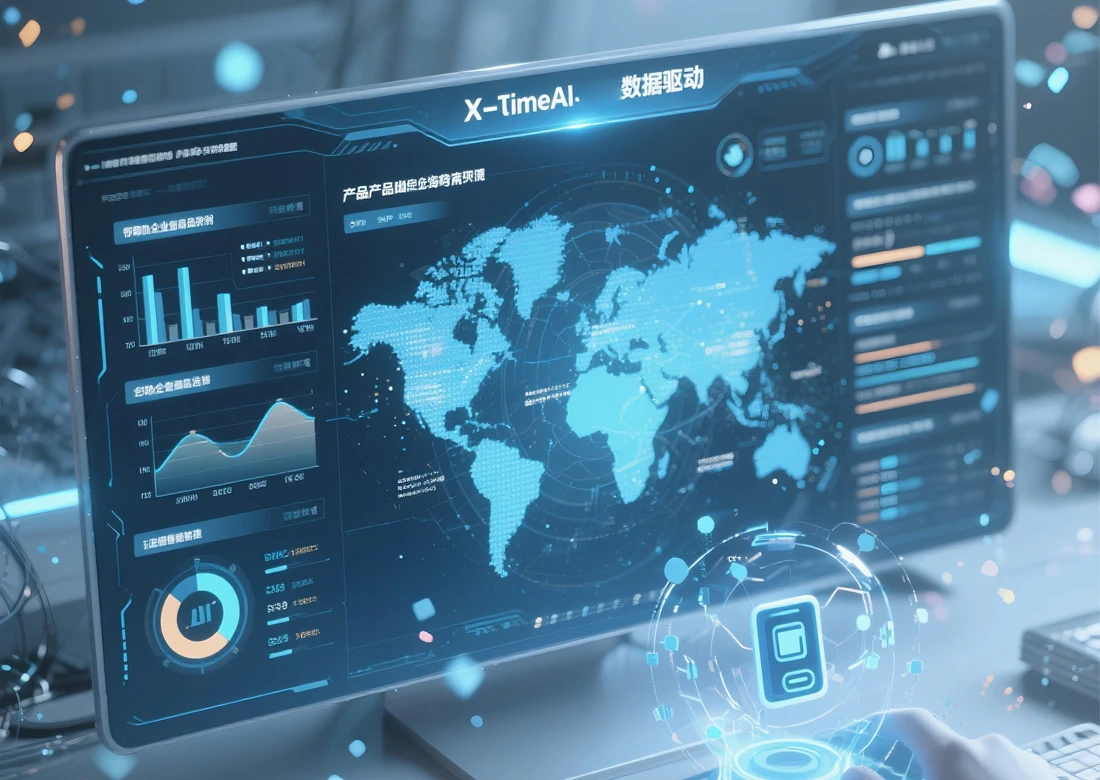
(digital marketing co)
